Exploring Mormon Thought: Volume 4, God's Plan to Heal Evil
$24.95
Now Available in hardcover, paperback, and ebook.
- “Packed full of rich treasures.” — The Millennial Star
- “A valuable, thoughtful, and Mormon engagement with the problem of evil.” — Association for Mormon Letters



Available in ebook for Kindle, Google Play, Kobo, and Apple.
Also available through Amazon and Deseret Book.
Download a free sample preview.
Book Description:
The problem of evil is perhaps the greatest challenge to belief in a loving and personal God. The challenge naturally leads us to ask, “Why, God, has this happened to me, to my loved ones, to my enemies?” Or, to ask with the Psalmist, “Where art thou God?” Or, to perhaps echo Jesus, “My God, my God, why hast thou abandoned me?”
In this fourth volume of the Exploring Mormon Thought series, God's Plan to Heal Evil, Blake T. Ostler examines how others in the Christian and Mormon traditions have attempted to provide solutions to this challenge and the shortcomings they contain. Ostler then looks to Mormon theology to offer what he calls the Plan of Agape, or what is perhaps the most robust explanation of how belief in a loving, personal God can be had in light of all of the suffering that exists in the world.
Comprehensive Table of Contents:
.
PREFACE
Chapter 1
WHAT WE LEARN FROM THE PROBLEM OF EVIL
Radical Evils
The Problem of Evil: The Argument
Human Cognitive Limitations
The Problem of Moral Quietude for Skeptical Theism
The Problem of Moral Quietude and Meticulous Providence
Chapter 2
THE NO MINIMUM EVIL DEFENSE
Chapter 3
THE FREE WILL DEFENSE
Chapter 4
THE LESS EVIL OPTIONS ARGUMENT
Objection #1
Objection #2
Objection #3
Objection #4
Objection #5
Chapter 5
NATURAL LAW THEODICIES
God’s Relation to Natural Regularities in the Tradition of Creation Out of Nothing
Prospects of a Natural Law Theodicy in the Tradition of Ex Nihilo Creation
Chapter 6
A MORMON FINITISTIC THEODICY
Chapter 7
A MORMON PROCESS THEODICY
Precedents in Mormon Thought for a Process Theodicy
Basic Commitments of a Mormon Process Theodicy
An Outline of a Mormon Process Theodicy
Criticisms of Process Theodicy
Chapter 8
A RELATIONAL AGAPE THEODICY
The Nature of God’s Providence
An Outline of the Agape Theodicy
Chapter 9
THE PLAN OF AGAPE
Can Radical Evils Benefit the Victims as an Essential Feature of God’s Plan of Agape?
Chapter 10
IS IT JUSTIFIABLE TO PERMIT CONSENT TO PERSONALITY-DESTROYING EVILS?
Is General Consent Sufficient or Must There Be Specific Consent to the Particular Evils That We Will Actually Experience?
How Can the Purpose of Life be to Become United with God When Most Never Hear of Christ in this Lifetime?
Chapter 11
ARE RADICAL EVILS ESSENTIAL TO THE PLAN OF AGAPE?
God and Natural Evils
Chapter 12
ATONEMENT IN MORMON THOUGHT
A. Desiderata for a Theory of Atonement
B. Does Mormonism Add Anything to the Penal-Substitution Theory?
C. Mormon Theories of Atonement
D. A Brief Summary of the Compassion Theory of Atonement
E. Response to Critiques of the Compassion Theory
HEALING EVIL: A CONCLUSION
Appendix
SELECT BIBLIOGRAPHY FOR PROCESS THEODICY
Bibliography
Index
Q&A with the Author:
.
Q: For those unfamiliar with the Exploring Mormon Thought series, can you give us a general overview of the previous volumes?
A: Exploring Mormon Thought is an exploration of the philosophical and theological implications of various views entertained in the Mormon tradition. The first volume, The Attributes of God, addresses the attributes of God from a Mormon perspective. I argue that God cannot know what acts a person will freely do in the future. I also assesse the attributes of divine power, divine mutability, divine pathos (or emotions and feelings), divine temporality, and human and divine nature. The first volume also expounds a Mormon Christology or theory of Christ as both fully human and fully divine at once.
The second volume, The Love of God and the Problems of Theism, addresses Mormon soteriology or theory of salvation. I address whether God's love can be properly called "unconditional" in Mormon thought. I also address the problems of petitionary prayer—why would we ask God to do anything when God is already committed to doing what is best and knows far better than we do what is good for us? I develop a theory of ethics based upon a modified agape (love) theory of ethics and address and critique salvation by grace and predestination in classic Christian thought.
The third volume, Of God and Gods, addresses the relation of the Israelite council of gods, the early Christian view of the Godhead and the angel of Yahweh, and finally analyzes the Mormon view of the Godhead as a social trinity that reconciles these views.
Q: The fourth volume is titled God’s Plan to Heal Evil. Can you briefly describe what you mean by that?
A: In the 4th volume I review numerous approaches within the traditional Judeo-Christian-Muslim theism to the kinds of moral and natural evils that plague us. In light of these attempts to explain how evil is consistent with God's existence, I present at length an explanation of how God's purposes for us—framed within what Mormons call "The Plan of Salvation"—places our experience of evil into a context that not merely justifies God's permission of evil (a standard theodicy) but how evil functions in our lives to fulfill God's plan. The answer to the problem of evil is not as much a defense of God, but an insight into how evil works to refine us and give us the opportunity to learn to love in the way that God loves us, and in so doing to heal the evil so that it serves a redemptive purpose.
Q: Can you give us a brief overview of how this volume is organized?
A: The 4th volume begins by looking at what I consider to be the best responses to the argument from evil against God's existence. I conclude that the fact of the amounts and kinds of evil that we experience show that the omni-God in the Calvinistic and Molinist traditions does not exist. I then look at Open Theism and present a new argument based on the option that God had to create virtually omniscient creatures that Open Theism cannot answer. I then develop finitist and process theodicies based on views held in the Mormon tradition and conclude that they are live options but are not persuasive. I then present a view of God's purposely using evil as a part of his plan to achieve His purposes to bring us to the status that we can love as He does and to be fit for a relationship with the persons of the Godhead that fully deifies us.
Q: For readers unfamiliar with the problem of evil from a philosophical perspective, can you briefly explain it
A: The problem is evil is both a philosophical and an existential problem. How can we believe that God exists when such belief entails that God is all powerful and therefore can have a world without evil, is all-good and therefore desires a world without evil, and we are then led to ask: why is there evil? The further question arises that even if we could show that belief in God is logically consistent with the fact of evil, how could we trust in God when he leaves us subject to evils like the Holocaust or murder, rape, and child abuse?
Q: Can you briefly describe the Christian theological frameworks you address in this volume?
A: I discuss the issue of evil from the perspective of those who believe in an all-controlling God (e.g. Calvinsts, on some interpretations Thomists and Muslims), a God who exercises meticulous providence or that can create any feasible world (e.g. Molinists and Open Theists), a limited God who is like a super-advanced scientist (Finitism), or a God who can influence everything but not unilaterally control anything (Process thought), and a God who can control whether there are natural laws but not what those natural laws shall be if He chooses to have an ordered world (the Relational Agape view of God).
Q: You argue in the fourth volume that a God who creates ex-nihilo does not exist. Can you give us a taste of your support for this argument?
A: If God creates ex nihilo (out of nothing) then He can have a world without moral evils and diseases and the best explanation for how that could be is that we do not have sufficient cognitive grasp to judge God's purposes. However, such a view entails that everything must be for the best and so we can just allow anything at all to happen and be satisfied that it is all for the best. Given such a view, personal moral decisions and acts are never necessary. But no Christian, Jew, or Muslim could accept that. Or, in the alternative, God could have created us virtually omniscient so that we could rid the world of many natural evils that occur such as infectious diseases. God's failure to do so shows that God is not all-good because He did not avail himself of morally superior options.
Q: Does Mormonism add anything new to the problem of evil?
A: Mormonism makes possible a view that God must work within a pre-existing natural framework that explains why God has to deal with just the kinds of natural laws and persons who actually exist and how we are not thrown into the world against our will and can consent to confront the kinds and amounts of evils that actually occur. Most importantly, Mormonism explains how confronting a world with the kinds and types of evils that actually occur is worth it in light of the fact that it is the only way to achieve the superlative and crowning good of participating fully in the relationship of loving divine unity—the greatest possible good. Mormonism provides a framework where evil can be the mentor of Gods by being redeemed through learning to love one another because we live in a challenging world.
Q: What are you hoping readers will gain from reading this volume?
A: A theodicy is an explanation of how it is possible that there is genuine evil in the world if there is a loving God. There are several live options for viewing God's permission of evil in the Mormon tradition. However, the Relational Agape theodicy suggests that the world is lovingly ordered to serve us to learn to be as God is by learning to love as God does. The world is not hostile to us but serves as an environment suited to mentoring gods. The people in our lives are loving angels who serve us, even when it appears that they are doing evil to us and it is really difficult to deal with them. The evils that we experience are a call to redeem evil by healing it through love—even (or especially) when it is gut-wrenching and doing so goes against our set human nature. The Agape theodicy is a recognition that love is the greatest power in the universe.
Blake T. Ostler
October 2020
Listen to our Authorcast interview with Blake T. Ostler:
Praise for God's Plan to Heal Evil:
“And yet I do find value and inspiration in the endeavor of theology. Certainly thinking deeply through the things of God should be considered at least a partial fulfillment of the biblical command to love God with all of one’s mind. And even if one doesn’t reach absolute certainty on a number of topics, thoughtful analytical thinking can at least lead to some consideration of what is logically possible or impossible and what theological conclusions seem more or less likely given certain assumptions and commitments to truth claims. It is in that regard that I find Ostler’s series on Exploring Mormon Thought a must read for any serious student of the theology of Mormonism.” — Erik Champenois, Association for Mormon Letters
“To those who have struggled to believe in God in light of the problem of evil, God’s Plan to Heal Evil offers viable and compelling alternatives. And to those who, like me, found themselves asking 'Why, God?' over the last year, God’s Plan to Heal Evil offers answers and hope—and for that, I am grateful.” — Jaxon Washburn, Association for Mormon Letters
“Packed full of rich treasures. . . . It shows us how a loving God provided a Savior that heals us and warmly brings us back into full agape relationship with the Godhead.” — The Millennial Star
“A valuable, thoughtful, and Mormon engagement with the problem of evil and what the Atonement can mean within a Mormon context. A worthy debate partner of a book.” — Conor Hilton, Association for Mormon Letters
Praise for the Exploring Mormon Thought series:
“These books are the most important works on Mormon theology ever written. There is nothing currently available that is even close to the rigor and sophistication of these volumes. B. H. Roberts and John A. Widtsoe may have had interesting insights in the early part of the twentieth century, but they had neither the temperament nor the training to give a rigorous defense of their views in dialogue with a wider stream of Christian theology. Sterling McMurrin and Truman Madsen had the capacity to engage Mormon theology at this level, but neither one did.” — FARMS Review, Neal A. Maxwell Institute, Brigham Young University
“This may be the most exciting volume to come out on Mormon theology ever. I eagerly await it as I think it will demonstrate a maturity of Mormon theology in that it will take ‘as given’ a presentation of the basics of Mormon thought. One hopes that other authors will present engagements with other major thinkers such as Heidegger, Gadamer, Derrida, or others. However clearly before one can move on to this more ‘mature’ level of discourse, the beginnings have to be established. While I'm sure other writers may take exception to some of Blake's positions in this first volume, he clearly is blazing the trail in an exciting way. Further it opens up to non-Mormons a clear and lucid presentation of Mormon theology that one can't get from most other writings.” — Clark Goble, Association for Mormon Letters
“I hope that Ostler’s work finds a wide audience within the Church. Anyone who thinks seriously about the meaning of LDS doctrine should read it. It is a book that will take some time to unpack and some time for its influence to be felt.” — James McLachlan, BYU Studies
Other Volumes in the Exploring Mormon Thought Series:
Volume 1, The Attributes of God
Volume 2, The Problems of Theism and the Love of God
Volume 3, Of God and Gods
About the Author:
Blake T. Ostler is a practicing attorney specializing in educational law, employment law and intellectual property. He has published widely on Mormon philosophy in journals such as Religious Studies, International Journal for the Philosophy of Religion, Dialogue: Journal of Mormon Thought, BYU Studies, Element, and FARMS Review of Books.
More Information:
255 pages
ISBN 978-1-58958-191-3 (hardcover);
978-1-58958-648-2 (paperback)

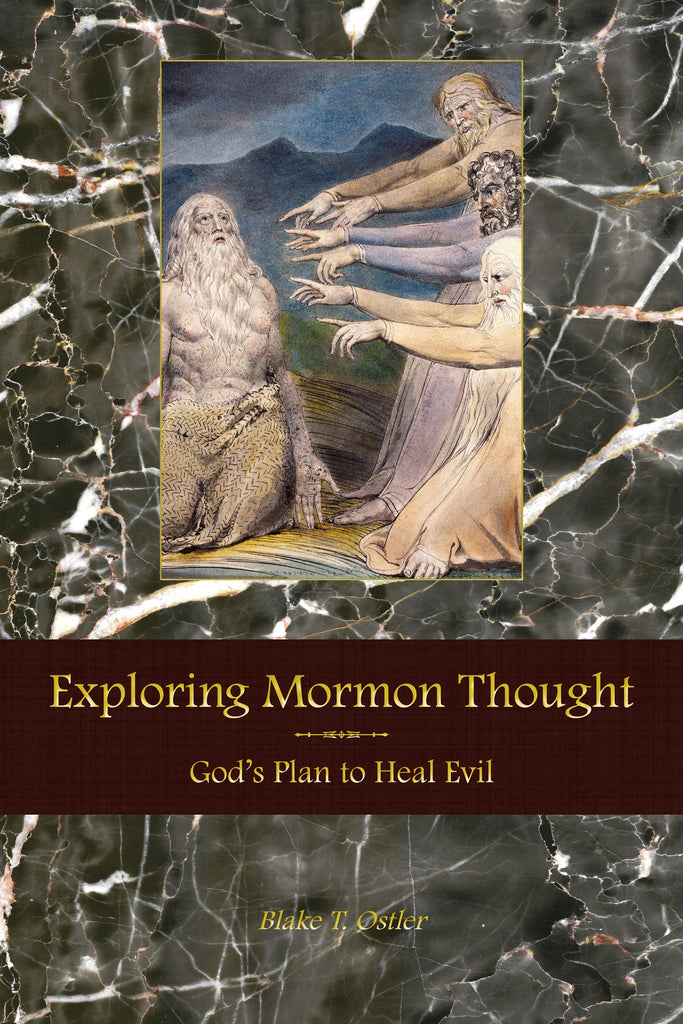





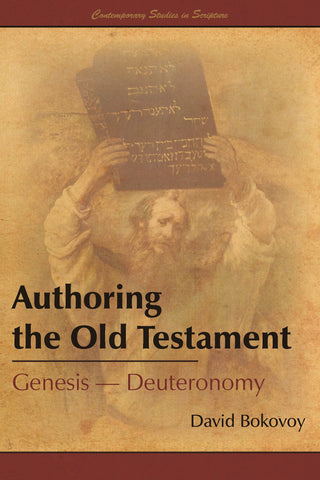
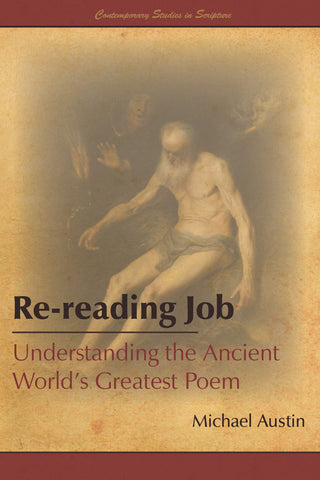
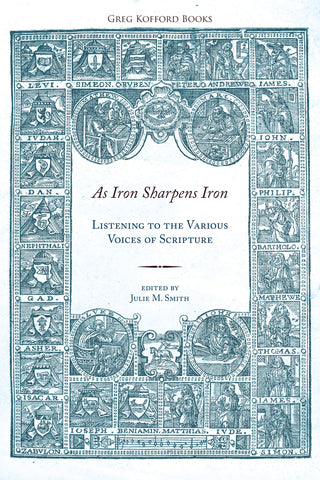
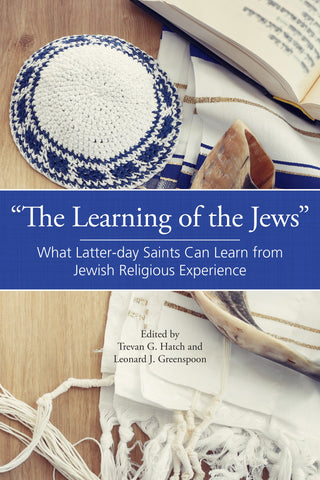
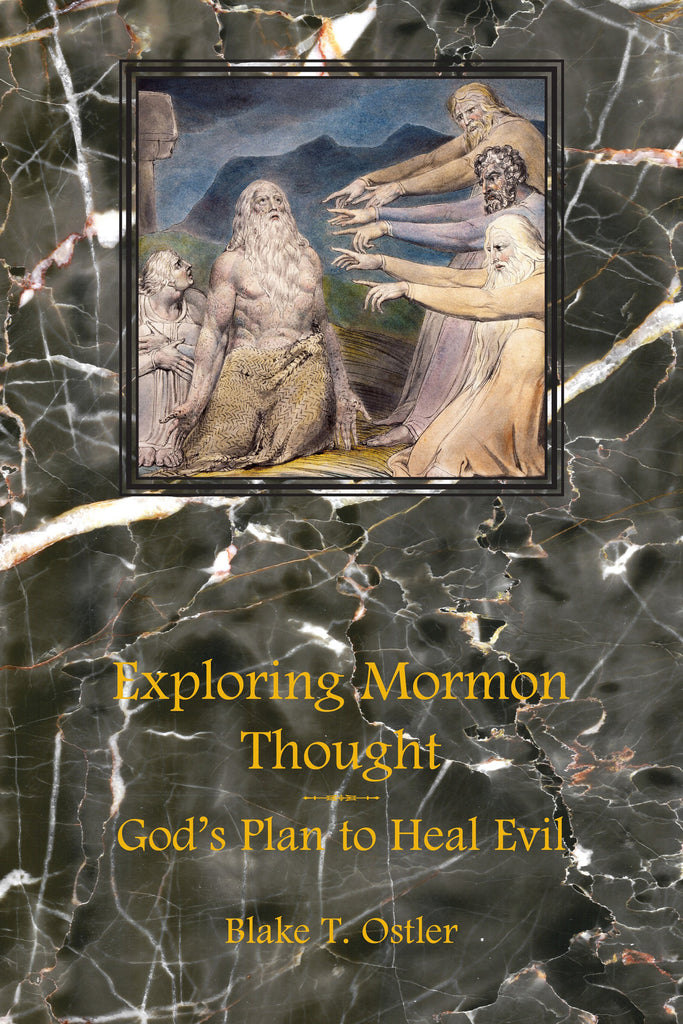
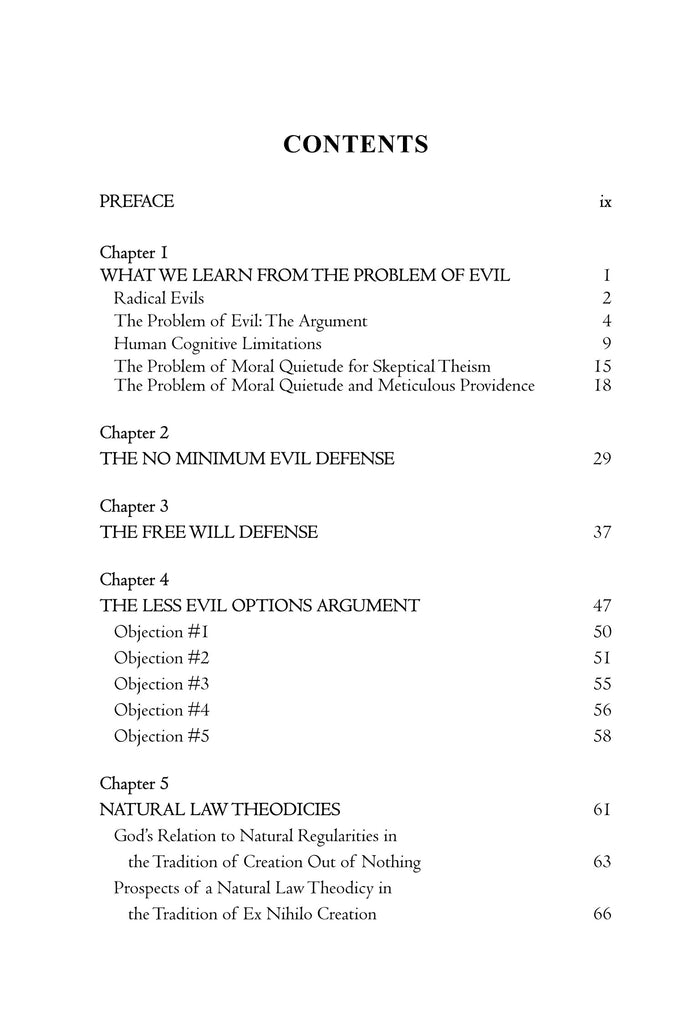
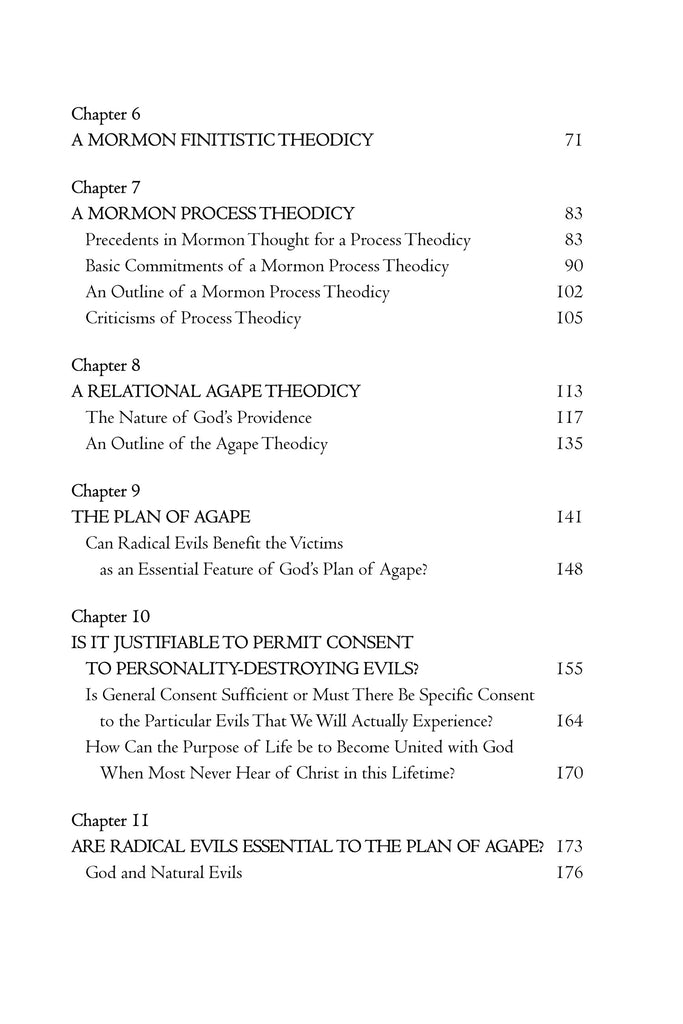
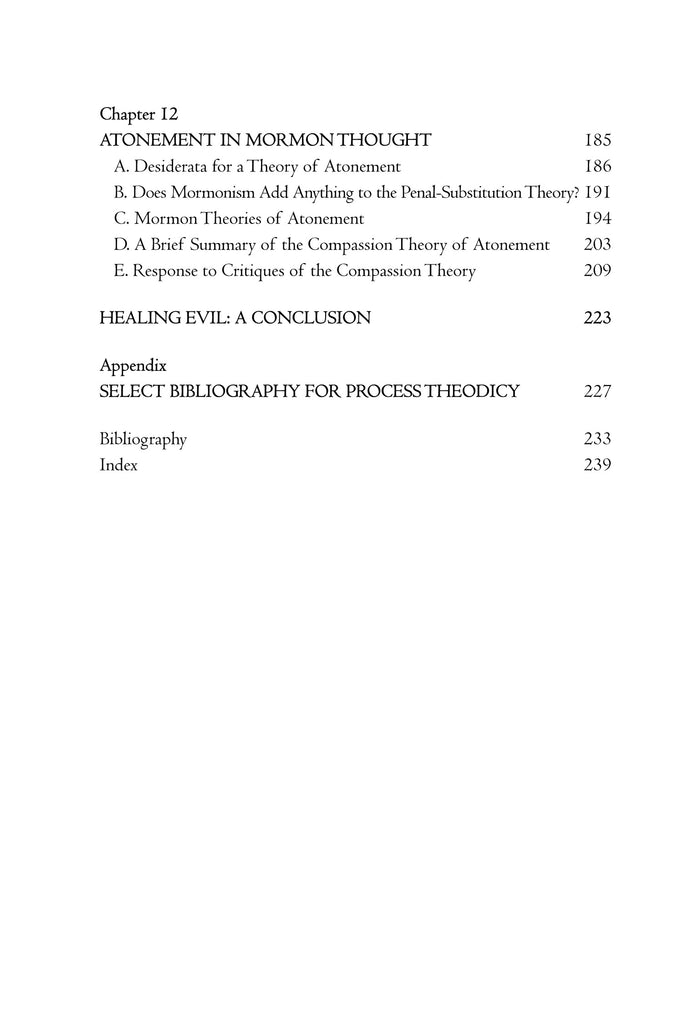
Share this item: